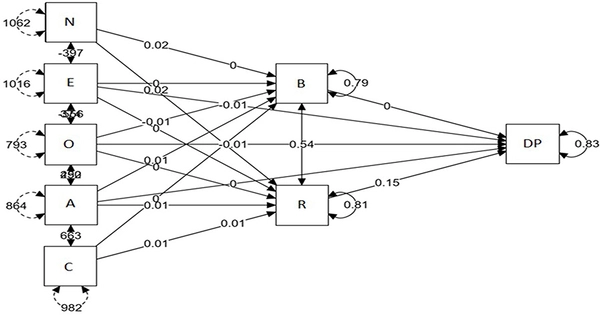Persistent cognition refers to ideas or mental processes that people participate in that are persistent and recurrent, typically beyond the point where they are beneficial or required. In psychology, it is a collective word for continual thinking about bad occurrences in the past or future (e.g., worry, rumination, and brooding, but also mind wandering over negative themes). These thoughts can be intrusive and difficult to regulate, resulting in a fixation on a specific idea, fear, or mental image.
Perseverative cognition can occur in a variety of circumstances and is linked to a variety of psychological and neurological problems. It has been demonstrated to have physiological consequences in both everyday life and controlled laboratory situations, such as elevated heart rate, blood pressure, and cortisol. Because of these physiological implications, the psychological idea of perseverative cognition contributes to understanding how psychological stress, such as work and marital stress, leads to disease, such as cardiovascular disease.
Some key aspects and examples of perseverative cognition include:
- Repetitive Thoughts: Individuals experiencing perseverative cognition often find themselves repeatedly thinking about a specific topic, problem, or concern. These thoughts may be intrusive and challenging to shift away from.
- Worry and Anxiety: Perseverative cognition is often linked to excessive worry and anxiety. People may find themselves dwelling on potential negative outcomes or future events, leading to heightened stress levels.
- Rumination: Rumination is a specific form of perseverative cognition where individuals repetitively focus on their own thoughts and feelings, often related to past events. This can contribute to the development or exacerbation of mood disorders like depression.
- Obsessive-Compulsive Disorder (OCD): In OCD, individuals experience intrusive and unwanted thoughts (obsessions) that lead to repetitive behaviors (compulsions) as an attempt to alleviate the anxiety associated with those thoughts.
- Neurological Conditions: It can also be seen in people who have neurological illnesses such traumatic brain injury, dementia, or neurodegenerative disorders. The persistence of specific thoughts in these circumstances may be associated to cognitive deficits.
Depending on the underlying cause, managing perseverative cognition frequently requires cognitive-behavioral treatments, mindfulness practices, and, in some cases, pharmaceutical interventions. Therapies that focus on redirecting attention, questioning and reforming negative thought patterns, and fostering relaxation can all help with this cognitive phenomena.
















